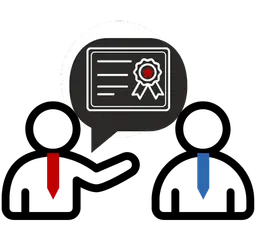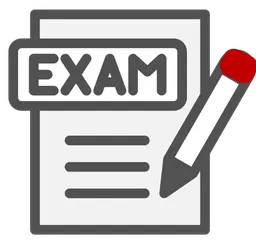What is a Project?
A project is a temporary endeavor designed to produce a unique
product, service, or result with a defined beginning and end (usually time-constrained, and
often constrained by funding or staffing) undertaken to meet unique goals and objectives,
typically to bring about beneficial change or added value. The temporary nature of projects
stands in contrast with business as usual (or operations), which are repetitive, permanent,
or semi-permanent functional activities to produce products or services.
What is Project Management?
Project management is the application of knowledge, skills, tools, and techniques to
project activities to meet the project requirements. Effective project management helps
individuals, groups, and public and private organizations to:
- Meet business objectives.
- Satisfy stakeholder expectations.
- Be more predictable.
- Increase chances of success.
- Resolve problems and issues.
- Respond to risks in a timely manner.
- Optimize the use of organizational resources.
Why PMP Certification?
- Widely recognized Project Management Certification
- Worldwide recognition of your knowledge of Project Management
- Demonstrates Proof of Professional Achievement
- Improves the way you manage your Projects
- Increases your Marketability
- Displays your willingness to Pursue Growth
- Increases Customer Confidence
- Valued Globally across Industry Verticals & Companies
Creating a High-Performing Team
Negotiate Project Agreements
Empower Team Members and Stakeholders
Train Team Members and Stakeholders
Engage and Support Virtual Teams
Build a Shared Understanding about a Project
Starting the Project
Determine Appropriate Project Methodology/Methods and Practices
Plan and Manage Budget and Resources
Plan and Manage Quality of Products/Deliverables
Integrate Project Planning Activities
Plan and Manage Procurement
Establish Project Governance Structure
Plan and Manage Project/Phase Closure
Doing the Work
Execute Project to Deliver Business Value
Ensure Knowledge Transfer to Project Continuity
Keeping the Team on Track
Address and Remove Impediments, Obstacles, and Blockers
Collaborate with Stakeholders
Mentor Relevant Stakeholders
Apply Emotional Intelligence to Promote Team Performance
Keeping the Business in Mind
Manage Compliance Requirements
Evaluate and Deliver Project Benefits and Value
Evaluate and Address Internal and External Business Environment Changes
Support Organizational Change
Employ Continuous Process Improvement
Understand Project Management Methodologies
Gain
in-depth knowledge of predictive, adaptive, and hybrid methodologies to select the
best approach for each project.
Apply Leadership Approaches for Project Success
Develop
adaptive leadership skills with a focus on emotional intelligence, empathy, and
servant leadership to inspire, motivate, and support project teams.
Conduct Environmental Analysis for Project Success
Analyze project environments, including the impact of artificial intelligence and
emerging technologies, to identify external influences and leverage opportunities for
competitive advantage.
Adapt to and Manage Project Changes
Gain expertise in
change management to address project changes effectively, maintaining flexibility and
control.
Implement Effective Project Governance
Understand the
principles of project governance to ensure accountability, compliance, and alignment
with strategic objectives.
Drive Integration and Project Alignment
Integrate all
project elements cohesively, aligning them with organizational strategies and ensuring
smooth execution.
Develop Strategic Project Planning Skills
Learn to
create comprehensive project plans that align with organizational goals, adapting as
needed to meet project requirements.
Enhance Scope, Schedule, and Cost Management
Build
expertise in controlling project scope, timeframes, and budgets to deliver projects on
schedule and within budget.
Optimize Quality and Resource Management
Acquire
techniques to manage project quality and optimize resources, ensuring team efficiency
and effective resource allocation.
Strengthen Risk and Issue Management
Identify, evaluate,
and address project risks proactively, minimizing disruptions and supporting project
resilience.
Manage Stakeholder Engagement and Communication
Develop
skills to engage stakeholders effectively and communicate project updates to ensure
alignment and transparency.
Navigate Procurement and Contract Management
Learn best
practices for managing procurement processes, contracts, and vendor relationships to
support project success.


















